A Wedge Wire Screen Filter isn’t just a piece of metal. It’s a performance part.
Most procurement teams don’t buy filters every day. But when they do, the pressure is real.
It’s not just about finding a supplier. You need the right product, the right spec, and a partner who understands why that matters. If the filter fails, the entire operation can slow down – or stop. That’s downtime nobody wants to explain.
In 2025, with tighter budgets and rising demand, smart buying is more important than ever. And that starts with knowing what to look for.
We manufacture these filters. We’ve worked with engineers in wastewater plants, mining sites, food processors, chemical units, and pharma companies. We’ve seen what goes wrong when procurement picks the wrong product – and what works when they get it right.
This guide is not fluff. It’s the checklist we wish every buyer had on their desk.
What is a Wedge Wire Screen Filter?
A Wedge Wire Screen Filter looks simple. But it works hard.
Picture this: hundreds of precise V-shaped wires, welded in perfect alignment. The shape lets liquid pass while blocking solids. The angle reduces clogging. That’s the point.
This design makes it stronger than mesh or perforated sheets. It handles pressure better. It lasts longer. And it gives you cleaner separation with less downtime.
These filters are used in:
- Wastewater treatment (sewage screening, sludge dewatering)
- Mining (ore separation, slurry filtration)
- Sugar Industries (sugar, starch, pulp filtering)
- Oil & gas (pre-filtration, sand control)
- Paint Industries (bread mill, candle filters)
Each job has its own pressure, flow rate, and contamination level. That’s why not all wedge wire filters are built the same.
You will see filters shaped like tubes, panels, baskets, or even nozzles. We make all of them. Each one is tuned for its task.
10 Criteria to Evaluate a Wedge Wire Screen Filter in 2025
1. Material Grade
Start with the metal. It’s the foundation.
Most wedge wire filters use stainless steel, but not all stainless is the same. SS304 is common and cost-effective. SS316L offers better corrosion resistance. Especially in salty, acidic, or chemical-heavy environments.
In oil and gas or marine use, duplex steel or special alloys may be needed. Overlooking this can cost you later. Corroded filters need early replacement and can damage the entire system.
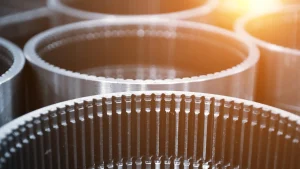
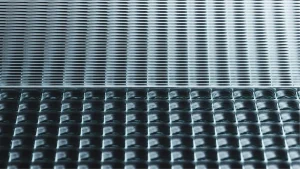
At Multitech Engineers, we guide clients to the right material based on their industry. We’ve even helped teams switch to better materials that saved them thousands over time.
2. Slot Size & Open Area
Slot size defines what gets through and what doesn’t. It’s measured in millimeters, sometimes microns.
A smaller slot blocks finer particles but may clog faster. A larger one flows better but lets more solids pass. You need the balance that fits your application.
For example:
- In wastewater, 0.25 mm to 1.5 mm slots are typical.
- In sugar and pulp processing, the slot may go up to 3 mm.
- In pharma or resin traps, it could be as tight as 0.1 mm.
Open area matters too. It’s the percentage of space where liquid can flow. More open area = less pressure drop and better throughput.
At Multitech Engineers, we build filters with custom slot widths. Some are as tight as 0.05 mm, based on the flow rate and filtration level our client needs.
3. Mechanical Strength & Welding Quality
A wedge wire screen filter may look like a simple part. But it’s under constant stress – fluid pressure, vibration, thermal changes.
That’s why the build quality matters.
Each wedge wire must be welded with precision. A weak weld breaks over time. Once it fails, particles pass through, systems clog, and operations stop.
Some low-cost filters skip steps. We’ve seen baskets where the wires popped loose after just two months of use. That’s not a product issue – it’s a fabrication issue.
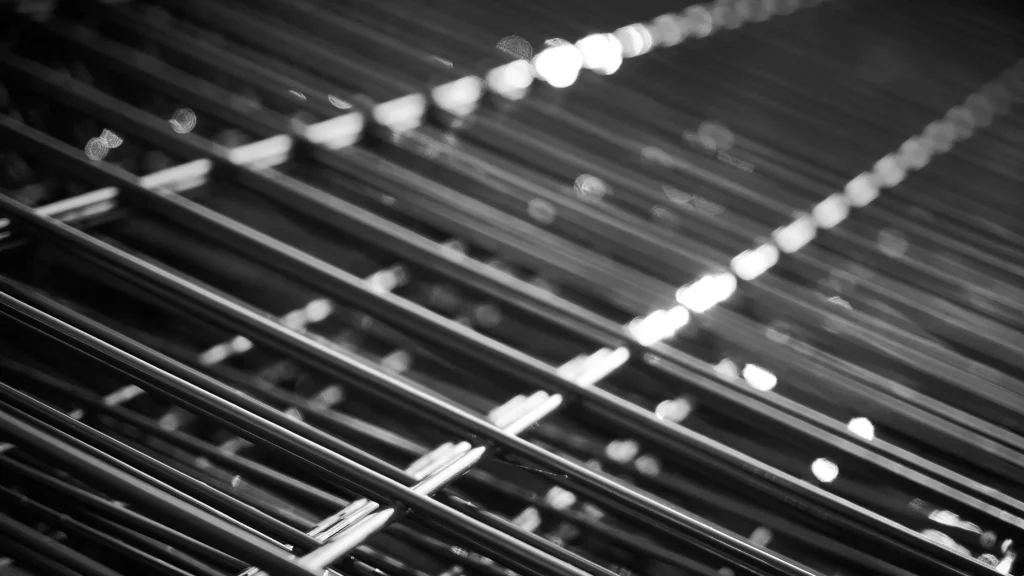
At Multitech, every joint is fusion-welded using jig-based systems. We run hydro tests and check structural load before shipment.
4. Flow Direction Compatibility
Wedge wire filters are designed to work either:
- Inside-to-outside (e.g., filter tubes where liquid enters from the center)
- Outside-to-inside (e.g., resin traps or laterals)
Getting the direction wrong causes blockages and premature wear.
In one case, a client installed a screen designed for outward flow in a reverse system. The filter worked for a week. Then it collapsed under pressure. We redesigned it with the correct flow orientation and it ran for 14 months with no failure.
Every system has a flow path. Your filter should match it.
5. Customization Capabilities
Off-the-shelf filters don’t always fit.
Maybe your vessel has a non-standard port. Maybe the flow rate isn’t what typical screens are built for. Or maybe you are replacing an old filter that no one manufactures anymore.
In all these cases, you need custom-built filters.
Multitech Engineers build custom wedge wire screen filters for food-grade tanks, pharma pipelines, oil separators, and much more. We don’t just ship standard items—we help clients design from scratch when needed.
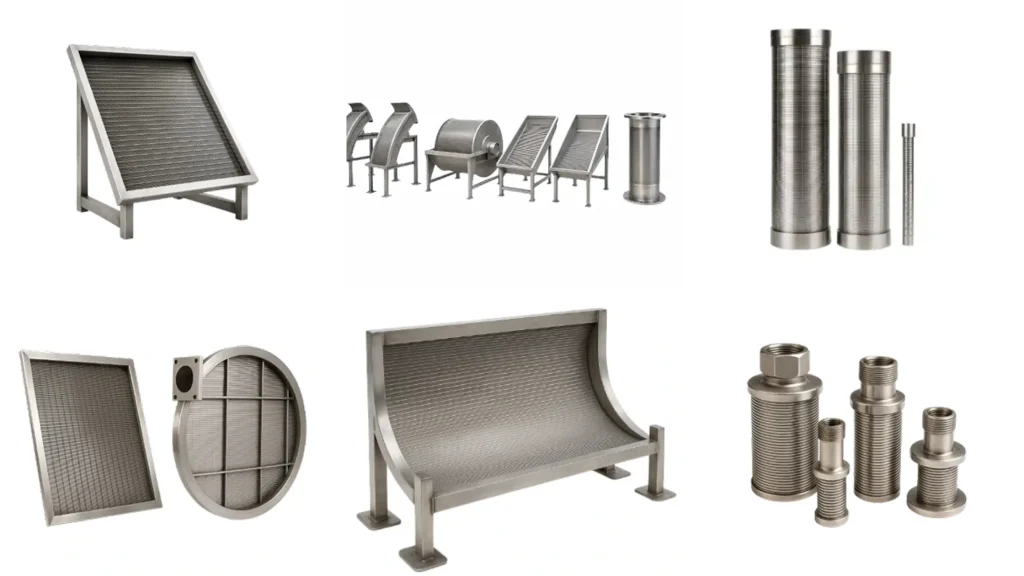
Customization might cost more upfront. But it saves headaches later.
6. Cleaning and Maintenance Ease
Some filters are easy to clean. Others become a maintenance nightmare.
When evaluating a wedge wire screen filter, ask:
- Can it be cleaned without disassembly?
- Is it compatible with CIP (clean-in-place) systems?
- Will it clog frequently due to fine slot sizes?
A good design should resist fouling and allow backwashing. If your system processes sticky fluids—like starch, pulp, or oil—you need self-cleaning or quick-flush options.
We design many filters with access hatches or reverse flow capability. That way, you don’t need to shut the plant down every time it clogs.
7. Certifications and Compliance
Industries like food and pharma can’t compromise on safety. Your filter must meet the right standards.
Check if your filter complies with:
- ISO 9001 (quality management)
- FDA or EU 10/2011 (food-grade materials)
- RoHS / REACH (chemical safety)

At Multitech, we supply FDA-grade SS316L for food contact and pharma applications. Some projects even need full traceability and mill certificates. We provide those on request.
8. Production Lead Time & Support
In real-world procurement, timelines are tight. You need a vendor who delivers on time—and responds when things change.
Some buyers get stuck waiting 6–8 weeks because their supplier imports the product. That’s avoidable.
We manufacture in-house in India. For repeat clients, we keep common sizes in inventory. And for urgent jobs, we prioritize delivery based on operational risk.
9. Cost vs Value Analysis
Cheap filters often cost more in the long run. They clog faster, break sooner, and need more frequent replacement.
We recommend looking beyond the unit price. Consider:
- Total operating hours
- Downtime impact
- Cleaning frequency
- Replacement intervals
One of our mining clients switched from an imported filter that failed every 3 months to our custom-built screen. It cost 30% more—but lasted 14 months without failure. That’s the value.
10. Vendor Reputation & Local Manufacturing
You are not just buying a filter – you are choosing a supplier.
Procurement teams need reliable partners. Someone who understands your industry, responds quickly and stands behind the product.
Multitech Engineers is a Make in India manufacturer. We export to 15+ countries, but we are local when it counts. Especially for teams across water treatment, mining, food, pharma, and energy.
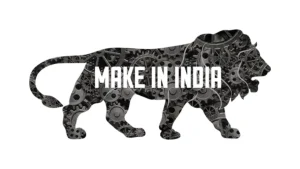
We don’t just make filters. We help clients solve filtration problems.
Wedge Wire Screen Filter Products We Offer
At Multitech Engineers, we manufacture a full range of wedge wire screen filter products tailored to industrial use. Our filters are used in demanding environments – and built to last.
Here’s a quick look at our product line: https://multitechengineer.com/products/
Each product is customizable in slot width, size, fitting type, and steel grade. You can view them in detail at
Why Choose Multitech Engineers?
We’re not just suppliers – we are manufacturers.
All products are made in India, with in-house quality checks.
We support procurement teams from quote to installation.
We build filters that last because downtime costs more than steel.
And we respond fast. Because delays cost more than quotes.
Conclusion
Buying a wedge wire screen filter is not routine. It affects efficiency, safety, and cost. As a procurement team, the filters you choose must meet both technical and operational needs.
Ask tough questions. Check the specs. Don’t settle for a standard when your process is not.
At Multitech Engineers, we help buyers like you make the right call. Whether it’s one filter or a system-wide replacement—we’re here to help you get it right the first time.
Visit: https://multitechengineer.com/products/
Request a Quote: Contact Us
